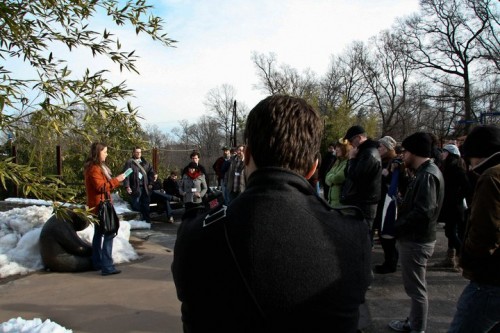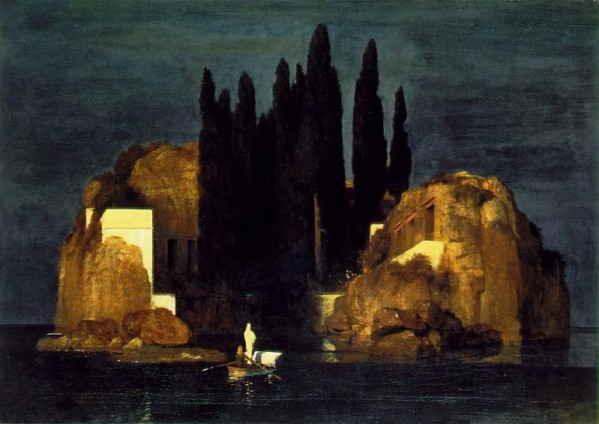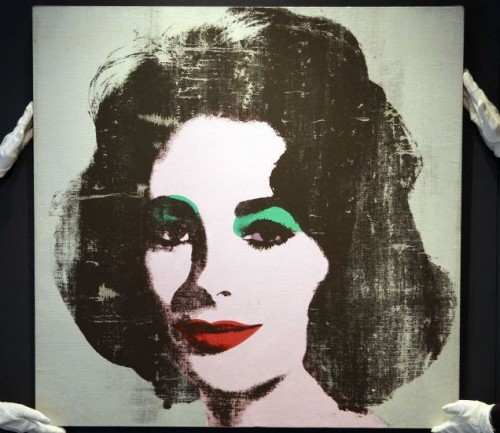Michael Hemmingson’s Lish Project

Gordon Lish Edited This
Self-Publishing Isn’t My Worst Mistake

(Ed. note: I received a lot of responses about my post about self-publishing via e-mail, on other blogs, here at HTMLGIANT. A. Lot. It has been a really interesting discussion and one that will continue. One writer, Mary Maddox, wanted to share her own story of trying to break into mainstream publishing and eventually choosing to self-publish her novel.)
Roxane’s piece on the value of self-publishing upset me. Last year I started Cantraipt Press and published my novel Talion, so I took some of her comments very personally. Yet she doesn’t denounce writers who self-publish. Her tone is thoughtful, and she understands why self-publication might be the right decision for some. Now that I’ve calmed down, I understand what happened. I read her piece entirely in the context of my own experience.
While I was at the University of Iowa Writers’ Workshop in the 1970’s, a visiting writer came every year to read and conduct a guest workshop. Each faculty member chose two stories by students for this event. My first year John Hawkes came. Hawkes wrote several critically acclaimed books, but he doesn’t seem to be talked about much today. The second year it was Thomas Berger, famous for Little Big Man, a best-seller now gathering dust. Both years, one of my stories was chosen for the guest workshop. My teachers considered me to be a young writer of some promise, and I desperately wanted my fiction to be published.
An introduction from Mary Lee Settle got my first novel read by an editor at Random House, who referred me to a well-known agent with an office in Greenwich Village. I was in my twenties. Imagine my excitement. But the editor had come to Random House recently from another publisher, and he lacked the support to get my novel accepted, even after I’d rewritten it to address the concerns of his colleagues. The Greenwich Village agent represented me for a few years, but she’d taken me on thinking my novel would be accepted at once and her job would be to negotiate a contract. Suddenly it became something else she had to hustle to sell. I don’t think she tried all that hard, especially after a few rejections.
What is Experimental Literature? {Five Questions: Amelia Gray}

Amelia Gray is the author of AM/PM (Featherproof Books) and Museum of the Weird (FC2). Her first novel, THREATS, is due Winter 2012 from Farrar, Straus and Giroux.
On Aging and Anxiety
Today is the very last day of my 20s. I feel like a hot wreck. Whereas I know that age doesn’t really mean anything and we age every single fucking day, it seems monumental.
I remember one of the first conversations I had with Joyelle McSweeney. I was 25. I had just graduated with my MFA. I hadn’t even submitted my first book manuscript for publication (though I was getting ready to), and she said something like: “Oh, I’m so old in comparison, it’s ghastly: I’m thirty!” In my head, I thought to myself: “Fuck, if I do even half of what Joyelle has done by the time I’m thirty, I would be grateful!”
Well, boys and girls, here it is: thirty.
Crowdsource an indie bookstore: yes. And this yespraise of ornament/excess/fat from Johannes at Montevidayo.
Possible Paths to Freedom
![]()
![]()
![]()
![]()
![]()
![]()
![]()
![]()
Two competing suppositions:
1. The path to maximum freedom is maximum knowledge, maximum mastery, so that the largest possible range of options and possibilities is on the table, and so that improvisations and inventions and productive acts of play might rise from the foundation laid by the broadest possible exposure to everything.
2. The path to maximum freedom is a rejection of preexisting things. The way to invention, improvisation, and productive acts of play begins with a willful resistance to the idea that the making of art coincides with an engagement with the world of ideas, information, or the discourse of others. It is better not to think too much about these things. Good things rise from organic processes divorced from the analytic.
Approaching an Ideology of Art

In order to sit down and establish any sort of ideology1 that guides my life, I really have only a single point to consider: art2 is, without a doubt, what is most important to me. Out of everything. I say this without a hint of irony, with a complete presence of sincerity: everything that has ever been important to me has been mediated by art, to some degree.
Perhaps this is easy for me to say because I equate art with pleasure. Or the idea that art is beauty (as a definition from dictionary.com would like to suggest). If this were true then I wouldn’t have anything to say here. But, the unfortunate thing is that there is a lot of bad art that makes me furrow my brow and launch into hyperbolic rhetoric or a complete insincerity (read: irony). The other negation to the aforementioned declarations heeds itself to my own ideas in an appreciation of affect over visual aesthetic: i.e., something ugly, terrifying, and evil can bring pleasure.
I am not an overly-depressed person. I am (fairly) high functioning in a pretty normal way. I have no desire to be constantly escaping from reality. Kneeling at the temple of Art is not about escapism for me, and I think that’s why I inherently hate the idea of mediating an experience of art (exclusively) through empathy (this is why I will always champion modes of art that lie outside of representation3).
I occasionally feel like when I make this declaration, I am widening a divide between myself & the general public. I say this without elitism. The problem is making a statement like this seems to establish binary opposition: if I don’t like representation, I must like crazy non-narrative abstract shit. Right? I mean, that binary presupposes the person who is contrasting her or his own approach to art with mine is able to conceive of an approach to art that is outside of representation (and this is part of why my mother has no idea in regards to what I am interested in and what I am doing when it comes to “art”).
But here’s the thing: I love narrative. I have no desire to escape narrative. Of course, throughout my experiences with art I have grown mostly tired of archetypal narrative arcs, neatly wrapped up stories, etc etc. But that’s not the point. What I look for in art, what I aim for in art, ultimately, as I’ve said many noted many times in comment threads, is affect.
137 horses of the Elton John
Last week fucked around and got a triple double
1. Ice Cube rapped this. It is a way to make good art. “Fuck around” and you might stumble into a triple double. The lack of intent opens up the writer to odd directions. I think Perec “fucked around” into triple doubles. A triple double helps yourself and a larger idea. This is an admirable goal for words. I would like my writing to be like pick-up basketball, not a day at the office. Also I would like to dunk on Joyce Carol Oates.
2. Dude is a doctor and a writer and just won a $100,000 prize. That’s a good day.
2. The belief that the short story is a poor relation of the novel persists.
2. Nox versus Next in the quarterfinals.
2. Burnside Review chapbook contest is now open.
137. What book (s) are in the floorboards of you car right now? (I have Big World, Hitler’s Mustache, and an anthology of re-told fairy tales)
Analogous to what?
Via Adam Wilson‘s Facebook feed: a list of the “worst” analogies written by high school students, as selected by their teachers. As this blog post notes, the predicate of “worst” is an oversight, or at worst a condescending and misguided error–many of these analogies are sharp if not artful in what Adam, I think perceptively, called a “Lishian” way.
The whole scene had an eerie, surreal quality, like when you’re on vacation in another city and Jeopardy comes on at 7:00 p.m. instead of 7:30.


